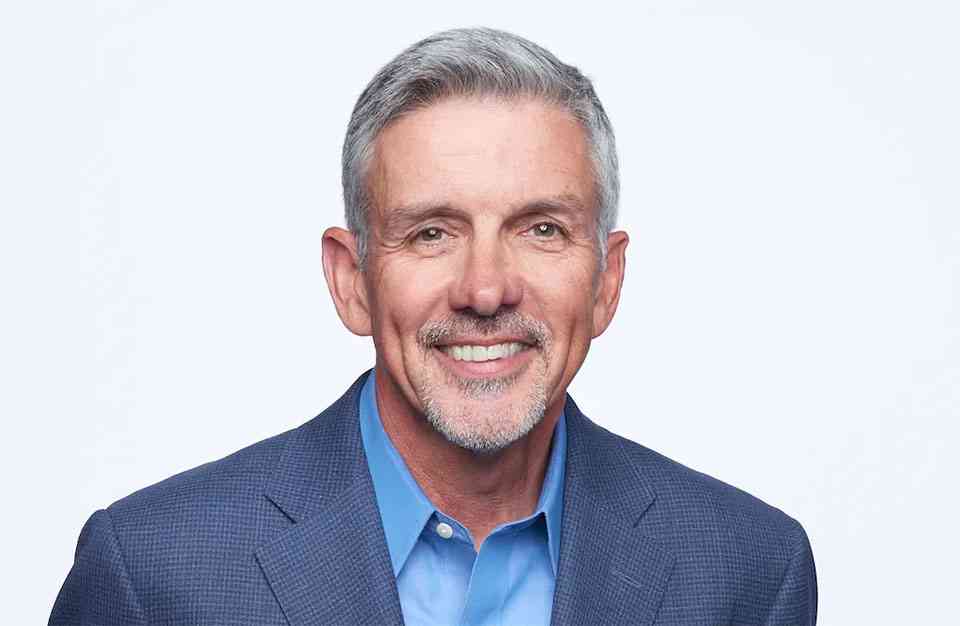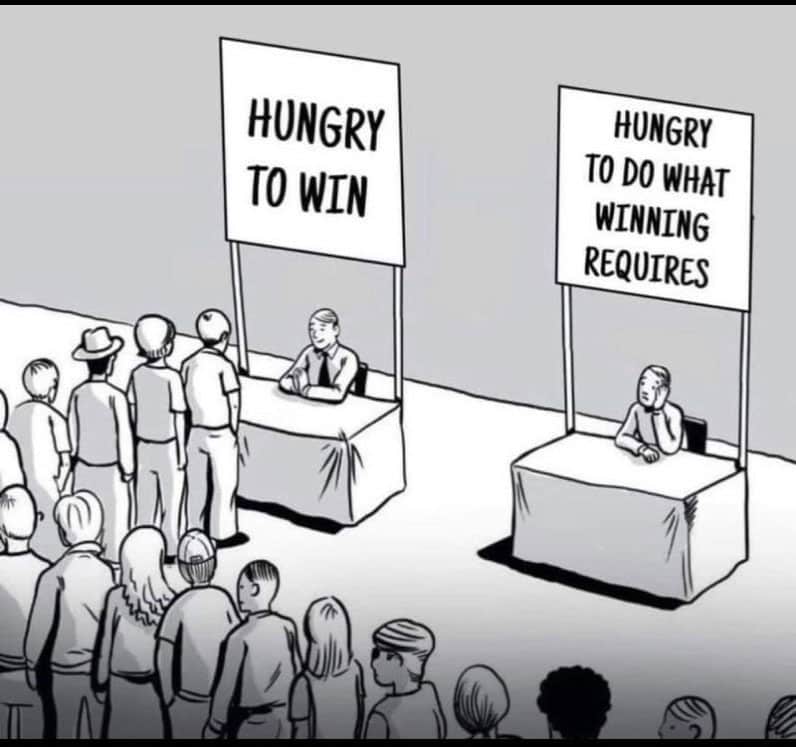Greatness: What Is It? What Does it Take to Achieve It?

When it comes to business and life lessons, our window into sports, the arts, and all public performances is a double-edged sword. On the one hand, the results are available for all of us to see. On the other hand, we marvel at watching the top players, best teams, and musical and theatrical ensembles as they dazzle us with their skills and touch our hearts. We hail the winners and celebrate their outstanding performances.
On the flip side, we don’t get to see how much work it takes to perform at such a high level. We don’t see the countless hours of practice required to make it to the big stage, let alone excel on it. This lack of understanding creates two problems:
- We can’t begin to comprehend the greatness of the most elite performers. Understanding what separates Rafael Nadal, Annika Sorenstam, Yo Yo Ma, Tiger Woods, and Meryl Streep from the rest is like trying to imagine the size of the universe. We might think we know, but the reality is that we don’t. Imagine the “worst” golfers on the PGA and LPGA Tours and understand that they are better at golf than anyone you know, and then try to conceive of the difference between those players and the ones who make it to the Hall of Fame. You can’t.
- We may want to be excellent at whatever we love to do, but most of us don’t do the work to realize our full potential. In part, it’s because, left to our own devices, we’re lazy. In fairness, though, even if we were so inclined, most of us don’t know how to prepare – we’ve never really seen what that looks like. The people you admire for their greatness are a combination of incredible talent AND unbelievably hard work. If the most talented people on the planet need to work hard at their craft to be great, then why do most of us mere mortals believe we can just show up? Meryl Streep relentlessly practices her lines, but somehow, we assume we can wing it. It is said that the UConn Women’s Basketball Team doesn’t practice a play until they get it right; they practice it until they can’t get it wrong. That’s among the reasons they’ve won 11 national championships and counting.
Here’s a cartoon I pulled off LinkedIn recently that tells the story:

The Power of Preparation
When I first began speaking to CEO Peer Advisory Groups in late 2016, it didn’t take long for the CEOs in these groups to admit that they were less prepared for their group meeting than they were for any engagement on their calendars. They would never think of just “showing up” to their board meeting; for example, without being thoroughly prepared. On the other hand, as CEOs of their respective companies, who were meeting with other CEOs in non-competing industries, they felt perfectly comfortable just showing up. While most of the CEOs admitted to being unprepared, others were called out for being visibly better prepared than everyone else for every meeting. When asked how long it took them, the typical response was about 15-20 minutes.
The “prepared” CEOs reviewed their notes from the last meeting, studied the agenda for the current meeting, and took time to clear their heads of whatever was happening back at their companies to be fully present for their members. On several occasions, someone would suggest, what if, from now on, we all took 15-20 minutes to prepare for our time together? I would hear from these groups 6-9 months later that the quality of the engagement and the outcomes skyrocketed because of this single small, shared commitment. Moreover, attendance for the monthly meetings improved significantly.
Why the significant improvement?
- When we take time to prepare for a meeting or event, we typically show up for it.
- The more prepared we are, the more confident we feel, which drives active participation.
- It allows members to set new standards of excellence because they have greater clarity about what they expect of themselves, one another, and of course, of any new member who wants to enjoy the privilege of sitting at their table.
Summary
I provided one example of how a relatively minor commitment to being better prepared for a group meeting yielded impressive results. Anytime a group does so, it always does. There’s something to be said about the difference between hoping for great results and doing what it takes to make greatness possible. While we may never experience being the best in the world at something, we can be the best we can be at whatever we want – if we are willing to do what it takes. And with this one life we have to live, why wouldn’t we?
Written by Leo Bottary.
Have you read?
Wealthiest Sports Owners in the World?
World’s Richest Actors And Their Net Worth.
World Richest Tennis Players And Their Net Worth.
Richest NFL (National Football League) Players.
Top CEOs in Singapore, 2023.
Ready to join the CEOWORLD magazine Executive Council– Find out if you are eligible to apply.
Bring the best of the CEOWORLD magazine's global journalism to audiences in the United States and around the world. - Add CEOWORLD magazine to your Google News feed.
Follow CEOWORLD magazine headlines on: Google News, LinkedIn, Twitter, and Facebook.
Copyright 2025 The CEOWORLD magazine. All rights reserved. This material (and any extract from it) must not be copied, redistributed or placed on any website, without CEOWORLD magazine' prior written consent. For media queries, please contact: info@ceoworld.biz








